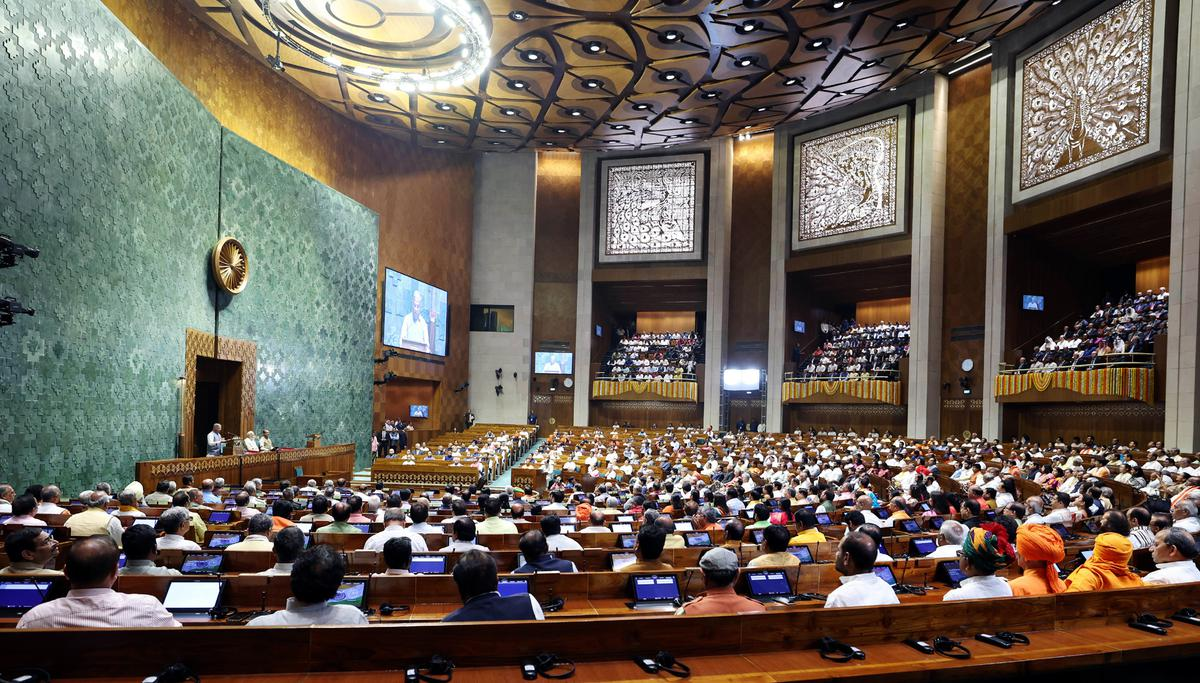Free Courses Sale ends Soon, Get It Now


Free Courses Sale ends Soon, Get It Now



Copyright infringement not intended
Picture Courtesy: https://www.thehindu.com/opinion/lead/parliaments-past-a-mirror-to-changing-dynamics/article68033393.ece
Context: The evolving dynamics of the Indian Parliament highlight shifting priorities and engagement, emphasising the need for revitalised legislative participation and constructive debates for accountability.
Shifting Ministerial Focus
Possible Reasons for Shifting Focus
Education under Scrutiny
Rise of Zero Hour
|
Zero Hour ●An informal practice, not mentioned in the constitution or rulebook. ●Starts right after "Question Hour" and lasts until the day's proceedings end. ●Allows MPs to raise issues of urgent public importance without prior notice. ●The Speaker/Chairman has the discretion to accept or reject the raised issues. ●In Lok Sabha, Zero Hour is allocated 30 minutes with 3 minutes per MP. |
The Call for a More Effective Parliament
Conclusion
Must Read Articles:
NEW PARLIAMENT BUILDING OF INDIA
Source:
|
PRACTICE QUESTION Q. The Indian Parliament aims to represent the diverse population. However, concerns exist regarding the representation of marginalised communities and the dominance of political dynasties. How can India's electoral system be reformed to ensure a Parliament that truly reflects the will of the people and provides a platform for diverse voices, particularly from underrepresented groups? |
© 2024 iasgyan. All right reserved